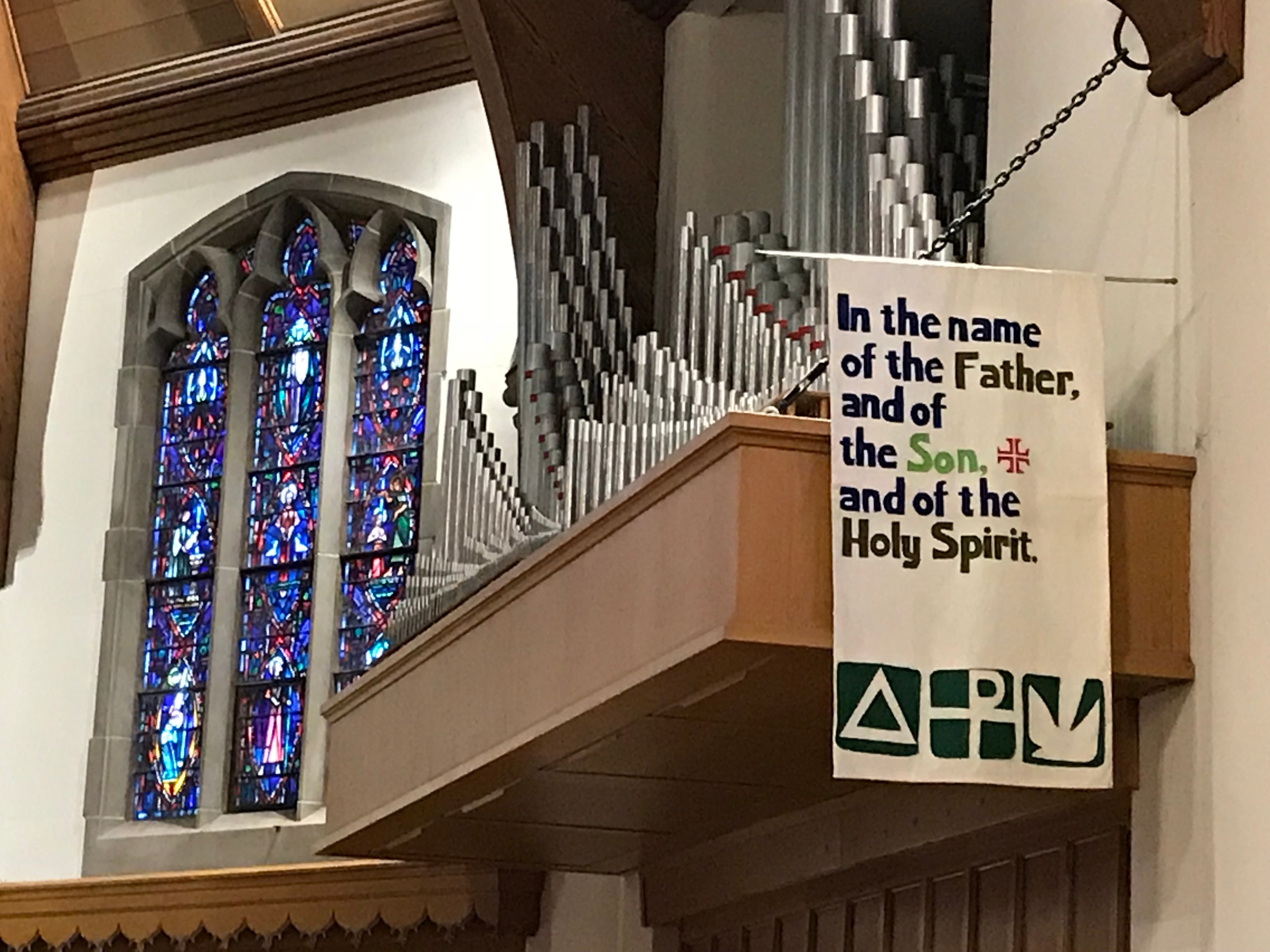Today the music of the Lutheran masters is seldom sung by the choir or played by the organist in a parish setting. Instead, the choirs have disappeared or have chosen to sing music more within the reach of untrained, volunteer singers. In the same way, organists tend to play on electronic instruments without the resources to make the music sing and the organists themselves often lack the ability to tackle the music (if the organ were up to it).
I say this not to denigrate the organists and choirs in our parishes. They are literally doing the best they can and God bless them for it. But the parish has decided to focus resources in other areas. The church choir, trained organist, and a pipe organ have become the exceptions rather than the rule. I understand it. I served for 13 years in a small parish and it took years to find an organist and years to develop a liturgical choir. It took a great deal of time to convince a congregation to invest financial resources in short supply in the parish musicians necessary to build a music program and a new three manual Rodgers electronic organ (which was all there was room for) for the musical leadership of worship. In the end, it proved to be a valuable and essential investment but along the way there were many naysayers. My present parish had $1800 in the annual budget designated for an organist, a substitute, and a choir director. When these faithful folks moved, the parish nearly had heart failure at the prospect of paying nearly ten times that much to secure their replacement. Many were not sure it was worth it.
Visit a Lutheran congregation making do with CD accompaniments of liturgy and hymns or sit through one where the musical accompaniment actually impedes the singing rather than leads it. You know exactly what I am talking about. When it is gone, it impedes the whole life of the parish. When it is strong and vibrant, the musical leadership of choir and organist not only supports but ensures that the congregation will want to sing.
So because the local parish has effectively given up on the majestic music that is our heritage, the music meant for the parish life of worship has been relegated to the concert hall. The music is not lost but its purpose has been obscured. It was never meant to be performance music before an audience but part of the sacrifice of praise and thanksgiving sung from the gathered assembly week after week after week. All is not lost and there is the possibility of restoring what has been lost. But the effort and financial cost of this recovery is too often more than the parish is willing or capable of committing. What do we do? We can either give up our living tradition and trade it in on the latest contemporary Christian music or we can settle for what our poorly paid or volunteer parish musicians are willing or able to do. Or we can invest money in the musical component of the Divine Service. Ultimately, these decisions are being made every day. And every day the musical legacy bequeathed to us is being lost to the concert hall where its purpose is obscured and its role within the Divine Service lost.
What will we do? Give it up? Or fight to renew the parish worship life enriched by the investment in a parish musician and dedicated to our best for His glory.
'

1 comment:
...the music of the great Lutheran composers was meant for the parish rather than the concert hall."
"President [and noted musician Matt] Harrison... mentioned two albums, Christ for You and Extra Nos, by rapper Marcus Tyrone Gray (“FLAME”), reviewing the work as “the most profoundly theological orthodox Lutheran material ever set to a popular genre of music…it will blow your mind.” Gray earned a Master of Arts in Systematic Theology from Concordia Seminary, St. Louis."
Excerpted from the LCMS BOD May 21-22, 2021, Minutes of the LCMS BOD Meeting in St. Louis.
Post a Comment